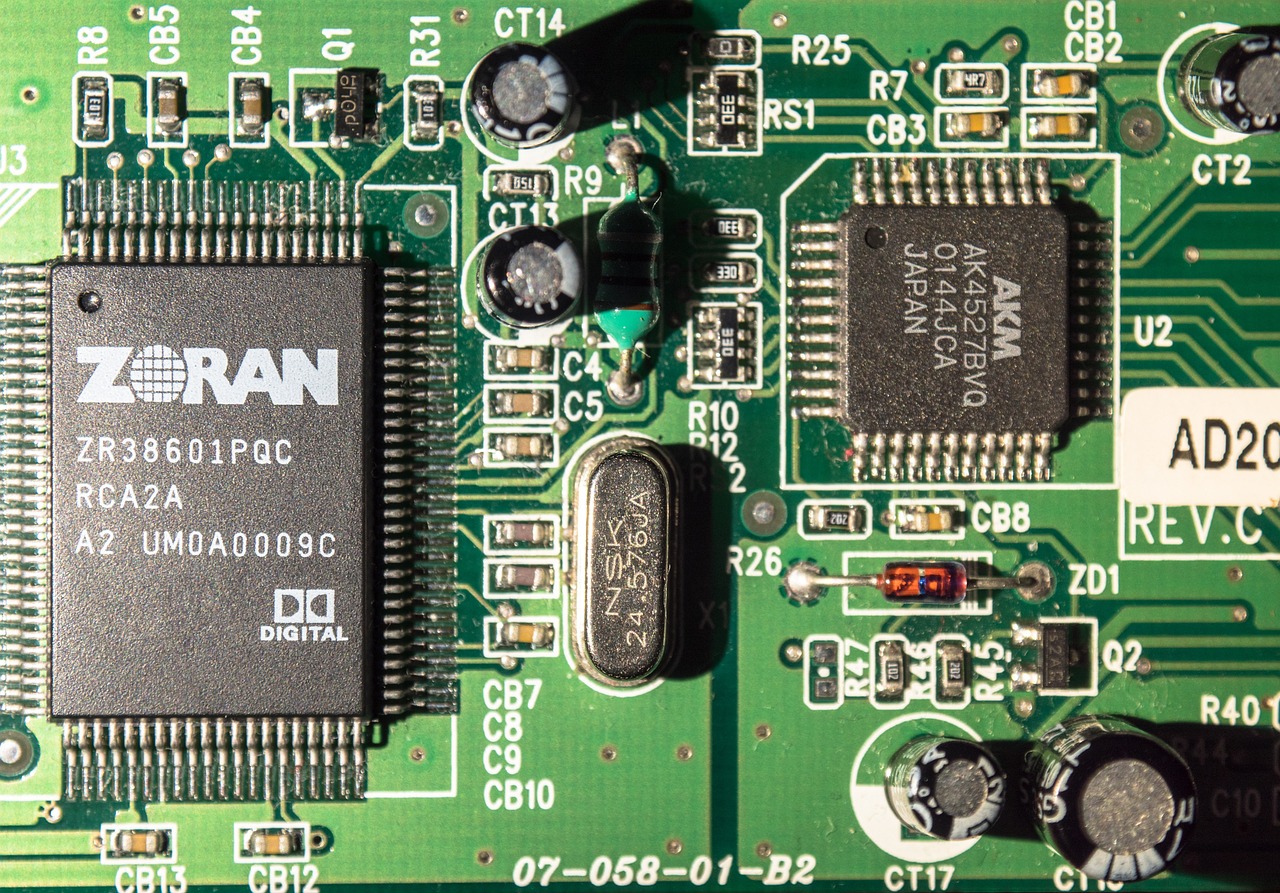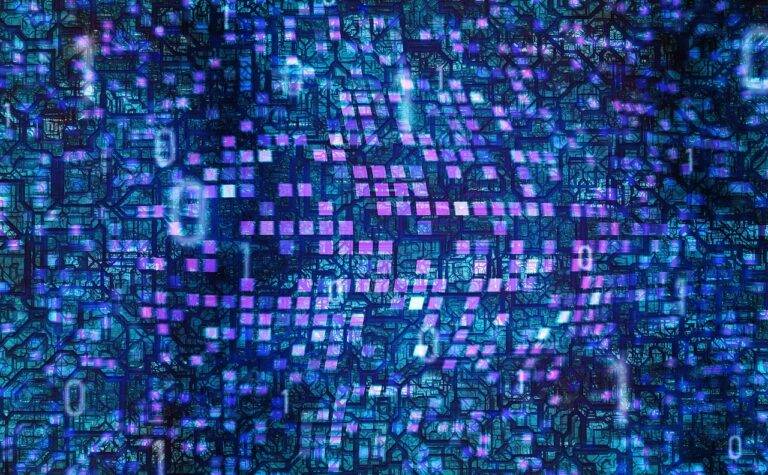The Future of Blockchain in Refugee Resettlement
One of the key advantages of integrating blockchain technology into refugee resettlement processes is the improved security and transparency it offers. By utilizing a decentralized digital ledger system, important information such as refugee identities, medical records, and educational qualifications can be securely stored and accessed by authorized parties. This can help to prevent identity fraud and ensure that refugees receive the support and services they are entitled to without delays or complications.
Additionally, blockchain technology has the potential to streamline and expedite administrative procedures involved in refugee resettlement. Smart contracts can be used to automate tasks such as verifying refugee documentation, coordinating housing arrangements, and distributing aid funds. This not only reduces the risk of human error and inefficiency but also increases the speed at which refugees can be resettled and start rebuilding their lives in their new communities.
Benefits of Using Blockchain in Refugee Resettlement
Blockchain technology has the potential to revolutionize refugee resettlement processes by providing a secure and transparent platform for managing data and transactions. This innovation can streamline identification verification, aid distribution, and access to essential services for displaced individuals, ultimately improving their overall well-being and integration into new communities.
Furthermore, the decentralized nature of blockchain ensures that crucial information, such as educational qualifications and work experience, can be securely stored and easily shared among relevant agencies and organizations. This enhanced data management could help expedite the resettlement process, facilitate employment opportunities, and empower refugees to rebuild their lives with dignity and autonomy.
What is blockchain technology?
Blockchain technology is a decentralized, distributed ledger that securely records transactions across a network of computers.
How can blockchain be used in refugee resettlement?
Blockchain can be used in refugee resettlement to securely store and verify important documents such as identification, education certificates, and medical records.
What are the benefits of using blockchain in refugee resettlement?
Some benefits of using blockchain in refugee resettlement include increased data security, transparency, efficiency, and reduced bureaucratic hurdles for refugees.
How does blockchain improve data security in refugee resettlement?
Blockchain technology uses encryption and consensus algorithms to ensure that data stored on the ledger is secure and tamper-proof.
How does blockchain increase transparency in refugee resettlement processes?
By using blockchain technology, all stakeholders involved in refugee resettlement can have real-time access to verified information, increasing transparency and accountability.
Can blockchain help streamline the refugee resettlement process?
Yes, blockchain can help streamline the refugee resettlement process by reducing paperwork, eliminating duplication of efforts, and facilitating faster decision-making.
Are there any potential challenges to implementing blockchain in refugee resettlement?
Some potential challenges include the initial cost of implementing blockchain technology, ensuring data privacy and protection, and addressing technological literacy among stakeholders.





